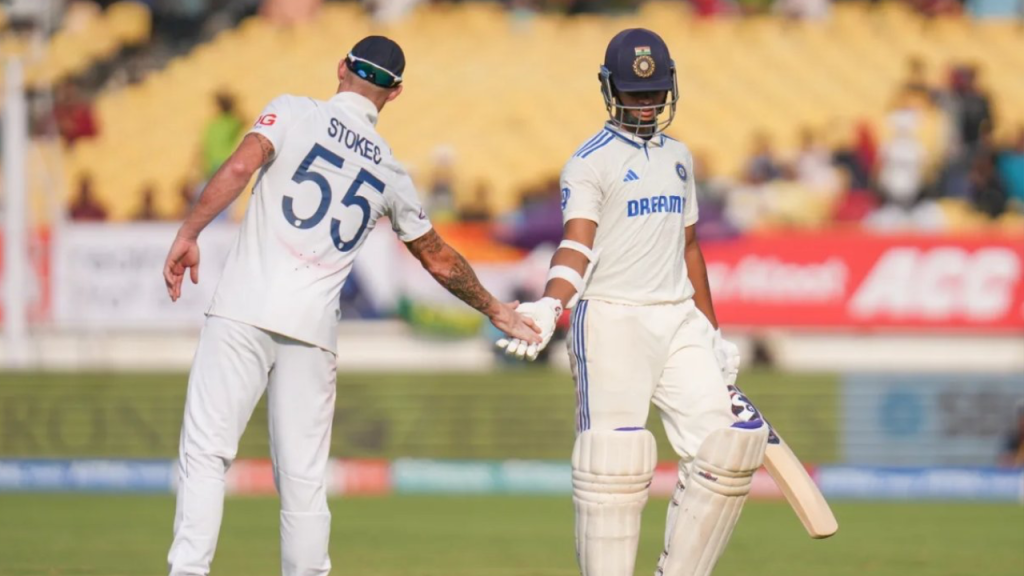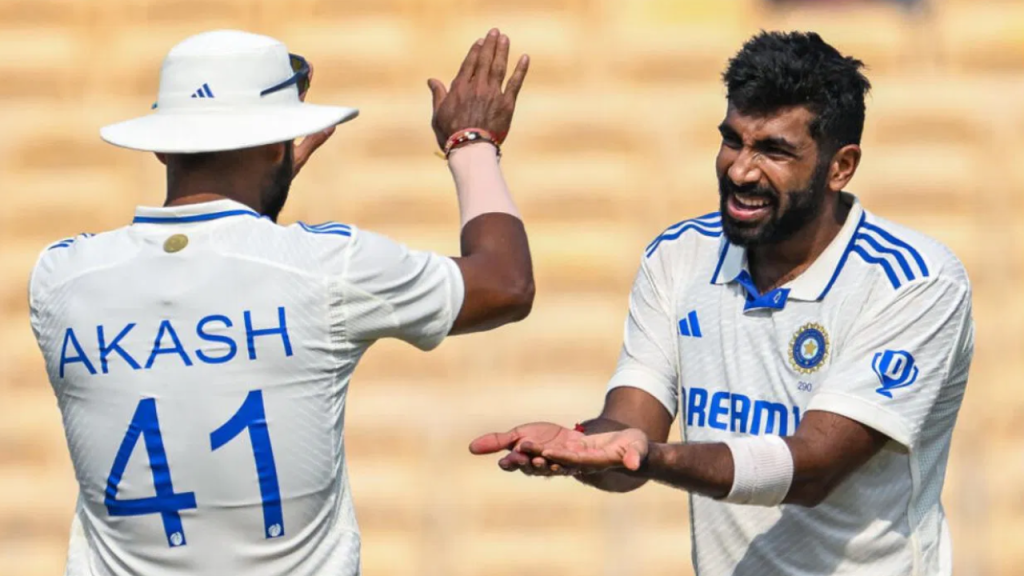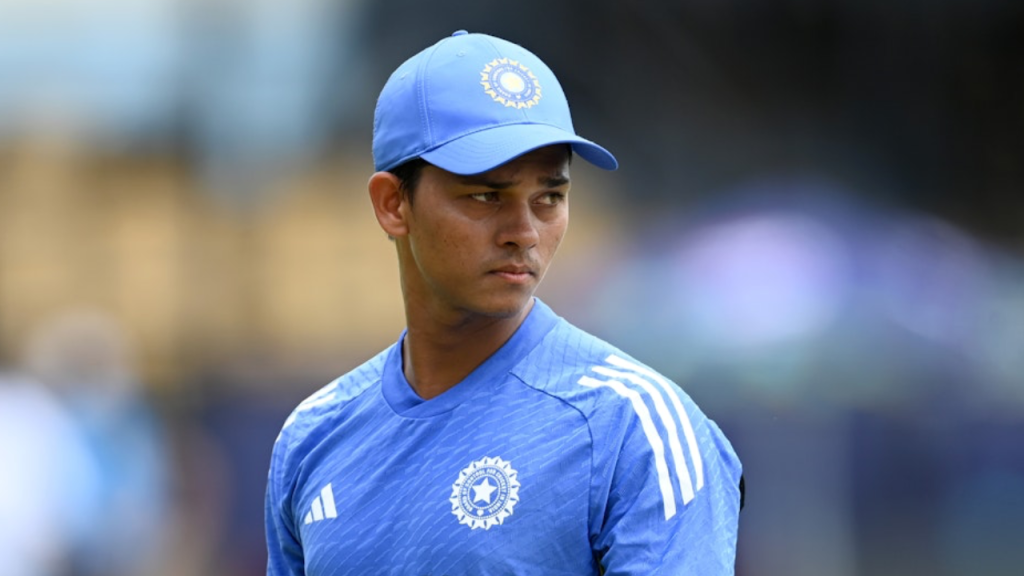The cricketing world has its eyes set on a new beacon of batting prowess, Shubman Gill.
In the first One-Day International (ODI) against England at the Vidarbha Cricket Association Stadium in Nagpur, Gill’s performance was not just about securing a victory for India but also about etching his name into the annals of cricket history.
Scoring an elegant 87 off 96 deliveries, Gill led India to a four-wicket win, chasing down England’s total of 249.
However, it was not merely his score but the context of his performance that has fans and analysts talking.
Gill’s innings was crucial in a match where India had to adapt quickly due to the absence of Virat Kohli, who was sidelined with soreness in his right knee.
Kohli’s absence opened up a spot, and Gill didn’t just fill it; he elevated it to new heights.
Shubman Gill’s performance in this game has now seen him hold the record for the highest average in ODIs among players who have scored at least 2,000 runs.

With an average of 58.90, Gill has surpassed the likes of Kohli, whose average stands at 58.10, and AB de Villiers at 53.50, not to forget the current Pakistan captain Babar Azam at 56.73 and Australia’s Michael Bevan at 53.58.
This achievement is monumental not just for the numbers but for what they signify.
Gill, at a relatively young age, is showing signs of becoming one of the stalwarts of the game, much like the players he has now surpassed.
His technique, composure under pressure, and ability to build an innings while accelerating when needed are hallmarks of a batsman destined for greatness.
The match itself was a testament to India’s depth. Apart from Gill, Shreyas Iyer contributed with a brisk 59 off 36, and Axar Patel chipped in with a valuable 52 off 47, ensuring that England’s challenge was met head-on.
This game also saw the debut of Yashasvi Jaiswal and Harshit Rana in the ODI format.
Rana, in particular, made an immediate impact with a three-wicket haul, becoming the first Indian to take three wickets on debut in all three formats of international cricket.
On the other hand, Ravindra Jadeja added to his illustrious career by entering the elite 600 international wickets club, showcasing the all-round strength of the Indian team.
As the series moves forward, with the second ODI scheduled for February 9 in Cuttack, and India committed to ODIs until February 12, this match has set the tone for what could be an exciting series.
Moreover, this series is a crucial preparation phase for the upcoming ICC Champions Trophy 2025, where India will face Bangladesh on February 20.
Gill’s achievement in this context is not just about personal glory but also about the broader narrative of Indian cricket’s evolution.
His record is a beacon for young cricketers, showing that with skill, dedication, and the right opportunities, they can reach heights previously dominated by cricketing legends.
It’s a narrative of transition, where the baton of excellence is slowly but surely being passed to the next generation.
However, records like these are not just about numbers; they are about the stories behind them.
Gill’s journey to this point has been one of consistent performance across formats, from his debut in Test cricket to his exploits in the IPL and now in ODIs.
His ability to adapt his game according to the format speaks volumes about his cricketing intellect and physical adaptability.
Moreover, this record is a conversation starter about the evolution of cricket batting.
Where once the focus was on aggressive scoring rates and the ability to dominate bowlers from the outset, Gill’s achievement highlights another path to success – consistency, technique, and the ability to build an innings that not only secures personal milestones but also team victories.
His average is not just about how many runs he scores but how he scores them, often under pressure, adapting to match situations, and making the tough shots look easy.
Shubman Gill’s record of the highest ODI batting average among those with 2,000 or more runs is more than a statistical triumph; it’s a narrative of resilience, skill, and the emergence of a new cricketing era.
As India prepares for further challenges in the series and beyond, Gill’s performance will be remembered not just for the numbers but for the promise of what’s yet to come in his already glittering career.





